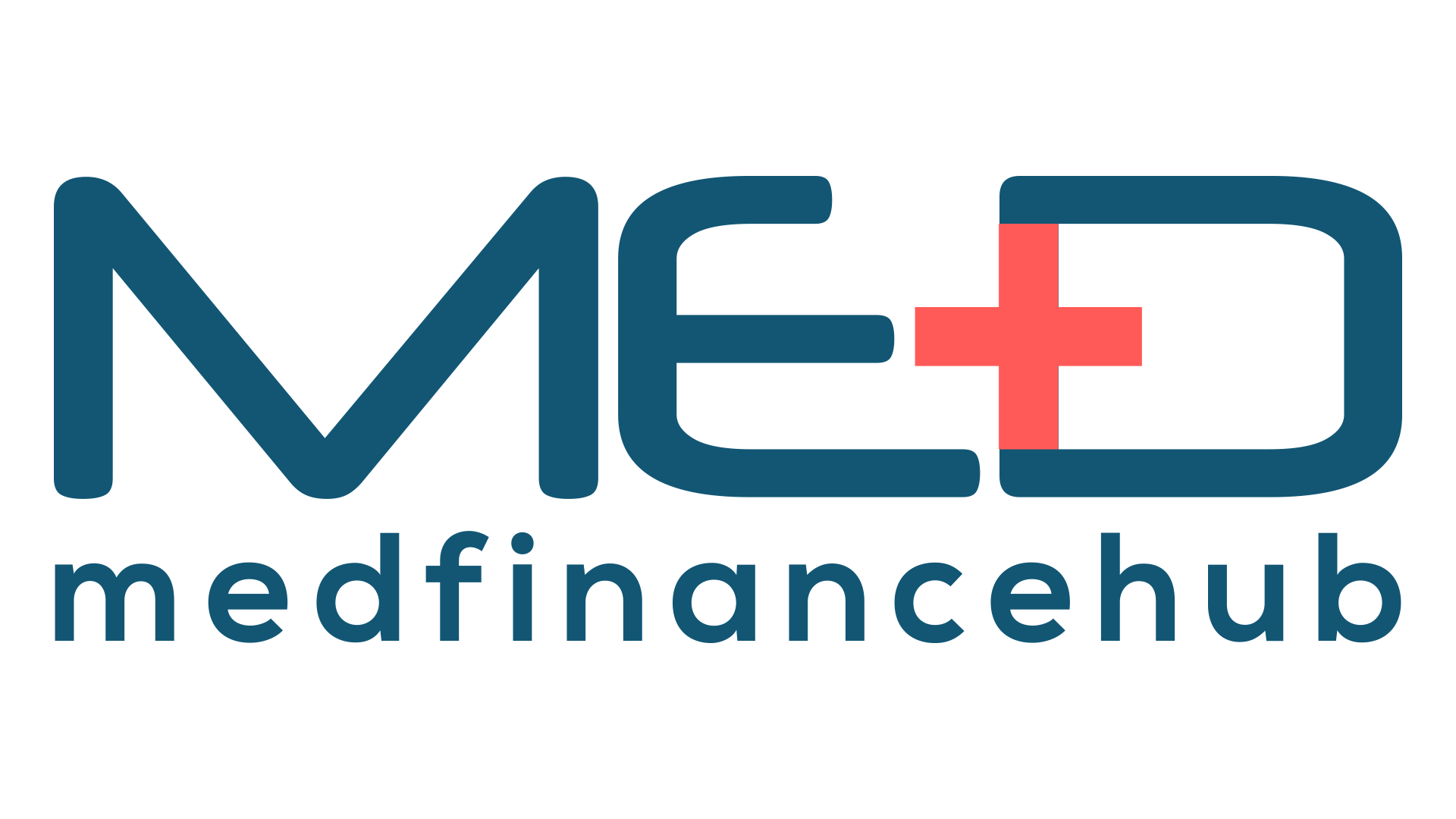Medical billing includes complex procedures and necessary paperwork to secure the polished functioning of healthcare services. Amongst the formats and announcements that patients face, the Advance Beneficiary Notice (ABN) is of particular importance for Medicare beneficiaries. It helps overpass the space between health management providers and patients by clarifying financial responsibilities when Medicare might not cover a specific service or procedure.
If you’ve constantly found yourself pondering, “What is ABN in medical billing?”, this comprehensive guide will break it down for you, addressing its significance, usage, and benefits. As your trusted service provider, we’re here to make the concept clear and actionable for your peace of mind.
Understanding What is ABN in Medical Billing
An Advance Beneficiary Notice (ABN) is a file issued by health management companies to Medicare recipients when a specific service or process cannot be protected by Medicare. This observation tells you, as a patient, about the capability of direct cost before the service is provided. The goal of the ABN is to provide you with the ability to make an informed decision about whether to proceed with the treatment or decline it entirely.
For health management companies like us, the ABN is an important resource for securing conformance and visibility with Medicare rules. By issuing this notice, we fulfill our obligation to notify you about the financial implications of a service that Medicare cannot refund.
When is an ABN Issued in Medical Billing?
The ABN becomes relevant in situations where Medicare coverage is uncertain or limited. As your healthcare provider, we issue an ABN in the following scenarios to protect you from unexpected financial burdens:
- Non-Covered Services: Medicare maintains a list of services it usually includes. If a procedure or treatment falls outside this predefined list, an ABN is necessary.
- Medical Necessity: Medicare may sometimes consider a service medically unnecessary, even if it is vital to your care. In such cases, the ABN notifies you about possible non-coverage.
- Frequency Caps: Medicare imposes limits on how often specific services can be covered within a given timeframe. If your required services exceed these limits, we will provide an ABN to explain the situation.
For example, if you require frequent physical therapy sessions to recover from surgery but exceed Medicare’s coverage limits, you would receive an ABN to outline the financial responsibilities.
How the ABN Process Works
We recognize that dealing with medical forms can be overwhelming. That’s why we ensure the ABN procedure is clean and simple for you. Here’s how it functions:
- Issuance of the ABN: Before performing any service that Medicare cannot cover, we give you an ABN.
- Detailed Explanation: The ABN will clearly state why the service may not be covered and provide details about your options.
- You may choose to proceed with the service and accept financial responsibility.
- In contrast, you may choose not to go forward with the process.
- Acknowledgment of Responsibility: Once you have reviewed the ABN, you are required to sign it, confirming your understanding of the potential costs included.
- Billing Process: If you choose to proceed, the service is billed consequently. Should Medicare deny coverage, the financial responsibility lies with you.
Our goal is to ensure that you are completely aware of the monetary factors of your care. We take the time to describe the ABN in depth, so you feel optimistic about taking the proper decision.
The Importance of ABN for Medicare Patients
The ABN plays an important part in protecting both you and us as healthcare providers. Its benefits extend beyond mere compliance with Medicare regulations, serving as a cornerstone of clear communication and financial visibility.
For Patients
- Appraised Decisions: The ABN allows you to evaluate the costs and benefits of a service before proceeding.
- Financial Awareness: You are fully aware of potential out-of-pocket expenses, which helps you plan accordingly.
- Empowerment: By knowing the consequences of the ABN, you remain in control of your health management decisions.
For Providers
- Compliance with Regulations: Issuing an ABN ensures that we meet Medicare requirements.
- Avoiding Disputes: The ABN minimizes misunderstandings or conflicts regarding billing and payments.
- Improved Communication: It creates an open dialogue about the financial responsibilities of healthcare.
By concentrating on transparency, we strive to develop trust and clarity between you and our team.
Key Components of an ABN Form
The ABN form might seem complex at first glance, but every section is designed to provide critical information. Let’s break down its components:
- Patient Information: This section includes your name, identification details, and the specific service in question.
- Reason for Potential Non-Coverage: Here, we outline why Medicare might not cover the service, such as exceeding frequency limits or failing to meet coverage criteria.
- Options for Patients: You’ll be presented with three options:
-
- Agree to the service and accept financial responsibility.
- Decline the service altogether.
- Request the service and demand that Medicare is billed for a formal decision.
- Signatures: Your signature confirms that you understand and agree to the terms outlined in the ABN.
We are dedicated to explaining every section in detail and answering any questions you may have to ensure complete clarity.
Common Mistakes Patients Make with ABNs and How to Avoid Them
Knowing what is ABN in medical billing is critical, but it’s important to recognize common mistakes patients regularly make when managing ABNs. Being aware of these can save you from unnecessary stress or financial loads.

1. Not Reading the ABN Carefully
Many patients sign the ABN without fully understanding its terms. This can lead to surprises when Medicare denies coverage and they’re left responsible for the costs. Always take time to read and clarify any points you don’t understand.
2. Assuming Medicare Covers All Services
Patients sometimes believe that Medicare will cover every service or procedure. The ABN serves as a reminder to check coverage details beforehand.
3. Failing to Keep a Copy
It’s easy to overlook the importance of retaining a copy of the signed ABN. This document can serve as proof if there are disputes about your financial task.
4. Misinterpreting Options
The ABN provides choices regarding proceeding with services. Misunderstanding these options could lead to unnecessary expenses. Always ask for an explanation if something isn’t clear.
5. Ignoring Follow-Up Actions
If Medicare denies a claim, patients sometimes don’t follow up or appeal the decision. The ABN procedure permits you to challenge denials when suitable.
Benefits & Challenges of Using ABNs
The ABN is an important part of Medicare billing, but like every procedure, it comes with its own set of advantages and difficulties.
Benefits
- Transparency: You know upfront about potential costs, reducing financial surprises.
- Regulatory Compliance: ABNs help us adhere to Medicare’s stringent guidelines.
- Improved Decision-Making: You have the details you need to make informed choices about your care.
Challenges
- Complexity: ABNs can be complicated for patients who are new to medical billing.
- Errors in Completion: A poorly filled ABN can lead to billing disputes or denied claims.
- Time-Intensive Discussions: Properly explaining the ABN requires additional time during appointments.
We work diligently to overcome these challenges by providing concise, clear information and personalized support at every step.
Compliance and ABN Regulations
Medicare has strict regulations managing the use of ABNs, and as your provider, we ensure full compliance to protect both your interests and ours.
- Timely Issuance: The ABN must be issued before the service is executed.
- Accurate Information: All sections of the ABN form must be filled out correctly to avoid complications.
- Patient Consent: Your signature and acknowledgement are compulsory for the ABN to be verifiable.
Failure to issue an ABN when required can result in denied claims or penalties for providers, which is why we prioritize accuracy and transparency in this process.
ABNs & You
Knowing what is ABN in medical billing is imperative for handling the pitfalls of Medicare. As a patient, the Advance Beneficiary Notice makes certain that you are totally aware of services that cannot be protected, letting you form informed selections related to your care.
At our practice, we value clear visibility and conversation to make sure you’ve gained all the details you want. From defining ABNs in depth to leading you throughout the resolving procedure, we are right here to navigate you at each step of the path.
Feel free to reach out to us, if you have questions or want help with an ABN. We’re responsible for making your health management experience as visible and smooth as possible.
FAQs
1. What is the ABN form in medical billing?
The ABN form is a document that notifies Medicare patients when a service cannot be covered, outlining their financial responsibilities.
2. What does ABN stand for in medical terms?
ABN refers to Advance Beneficiary Notice, a form presented to Medicare recipients for services Medicare cannot hide.
3. What does ABN mean?
ABN means Advance Beneficiary Notice, which serves as a notification of potential non-coverage and financial responsibility.
4. What is the ABN for Medicare patients?
The ABN for Medicare patients is a notice that informs them about services or procedures Medicare may not cover, allowing them to decide whether to proceed and accept potential costs.

